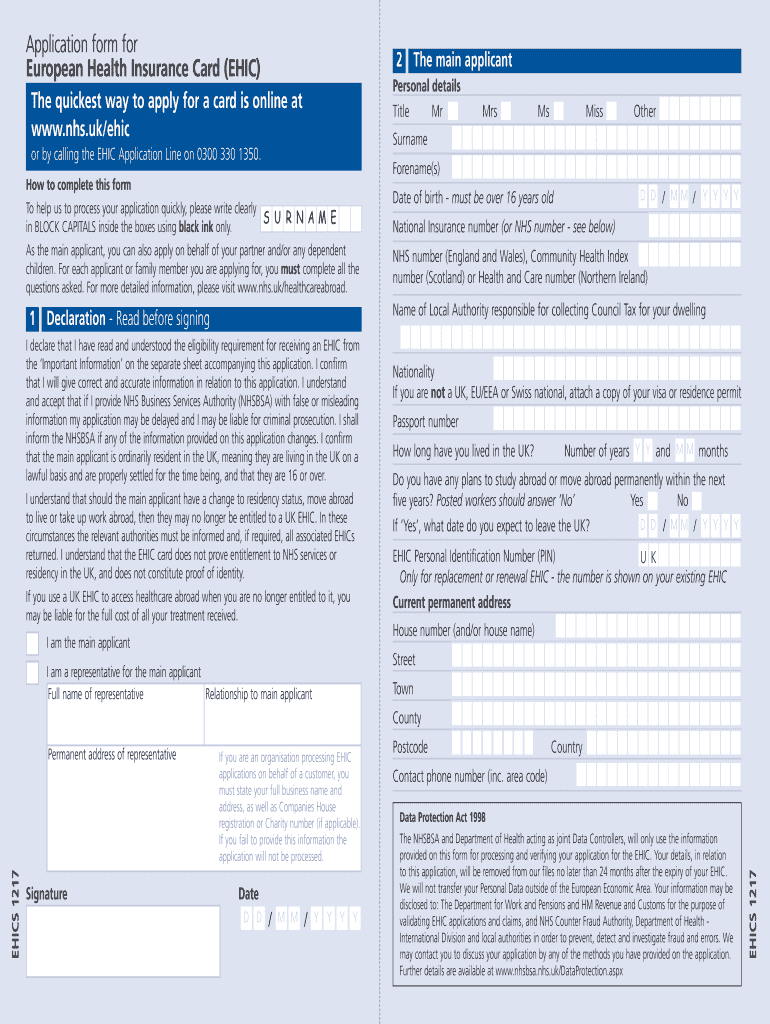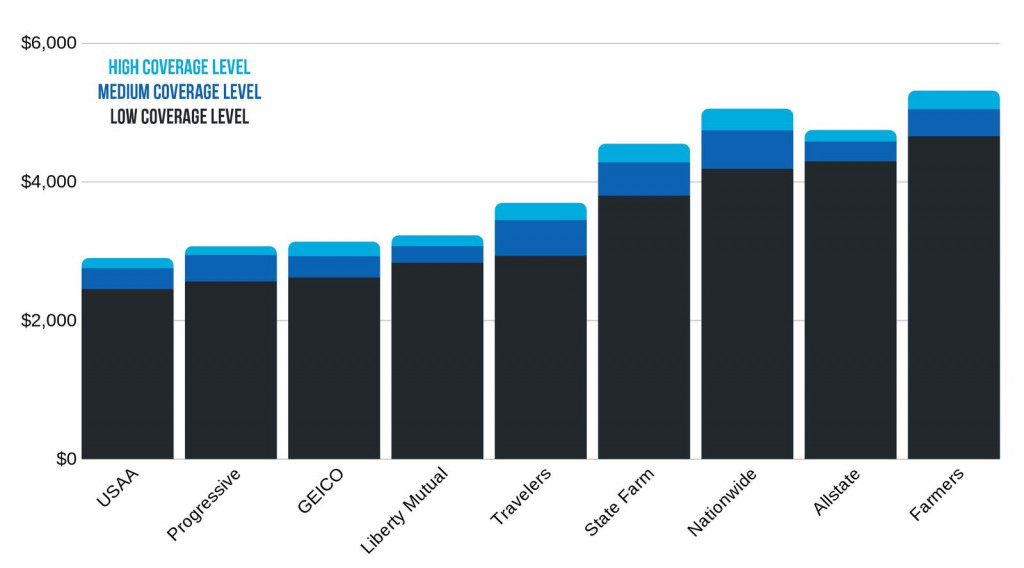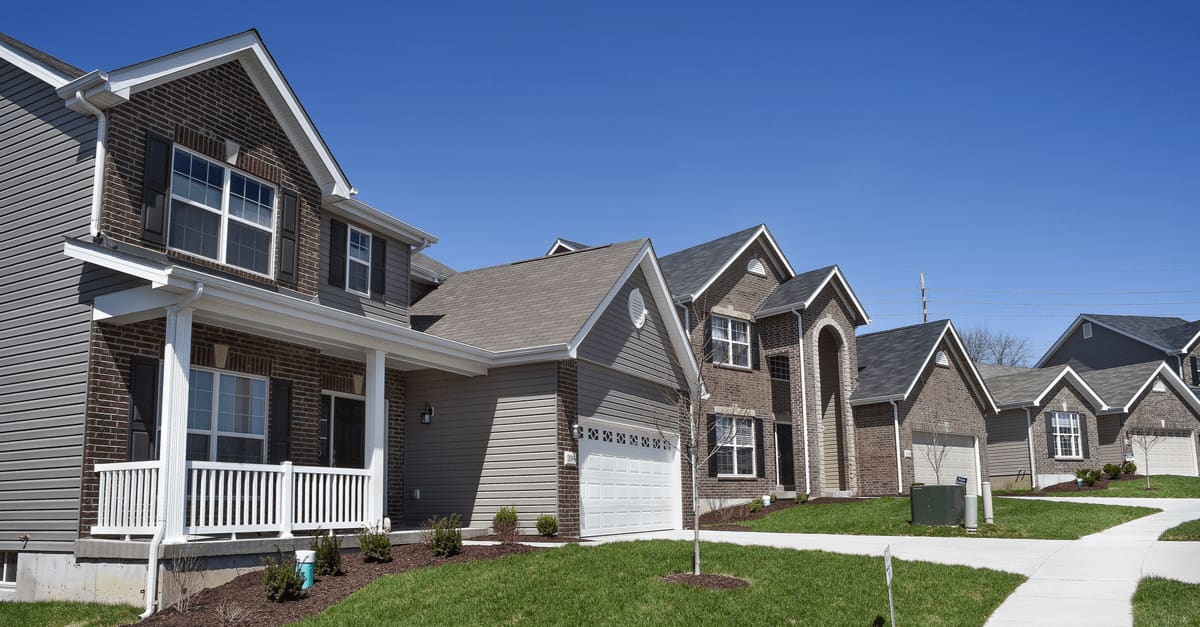
RV insurance is necessary. It protects your investment but it is also required by law. While the cost of RV insurance can be expensive, it is possible to find the right policy for you. Essentially, RV insurance is a combination of auto insurance and homeowners insurance. You cannot get the same coverage under a regular auto insurance policy, but it's worth it to have some kind of protection in case something happens to your RV.
Both Class A & B
There are many options for insurance that campers can choose from. For Class A and B RVs, you will need to have a different type of insurance. The type of coverage that you select will affect the price of your policy. While liability coverage is required by the state, you can choose from other types of coverage.
Class C RVs
Campers insurance is a necessity in most U.S. states, as well as some Canadian provinces. There will be different insurance coverage requirements in every state. It is therefore important to read all details before you sign a policy. The cost of RV insurance is usually less than a typical car insurance premium, but the amount you pay depends on the type of RV you own.

Class D RVs
Take into account several factors when deciding on campers insurance Class D RV policy. These factors will impact the cost of coverage. For instance, the price of the coverage will depend on the type of RV. A Class A motorhome costs more than one of its Class D counterparts because it contains more electrical or motorized components. The driver's driving record and insurance coverage will also affect the cost of insurance. People with clean driving records can get the lowest premiums.
Class E
Campers insurance for Class E motorhomes offers a range of levels of protection. The most basic level covers only the cash value of your vehicle. Depreciation is also included. This level of insurance provides the smallest amount, but the best premiums.
Classes H
It is important to have campers insurance when you rent or buy an RV. This insurance can be bought directly from the rental agency or through a third party insurer. Renting insurance is not covered by credit cards. Also, different RV classes have different insurance requirements.
Classes I and II
The insurance coverage you have is an essential part of RV ownership. The costs of insurance depend on many factors, including your state's crime rate and population density. Always shop around to find the best rates and coverage options. If you have multiple policies, many providers offer discounts. A bundle of RV insurance and renters insurance can result in a discounted rate. Bundling insurance policies will reduce stress from dealing with several companies.

Class IX
You will need to obtain adequate Campers insurance for Class IX RVs if you plan to use your motor home as a primary residence. This policy will protect you in case your motor home is stolen or damaged. You can purchase additional coverage to cover any other structures that may be attached to your RV.